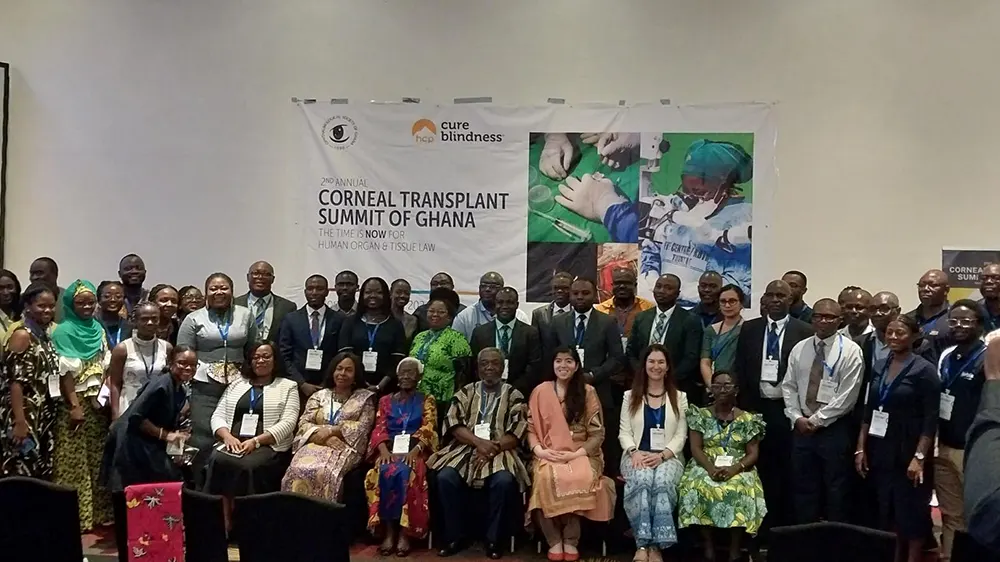The Ministry of Health (MOH) and its affiliated agencies have unveiled the National Infection Prevention and Control (IPC) Strategy, marking a significant step towards combating Healthcare-Associated Infections (HAIs) and Antimicrobial Resistance (AMR) in Ghana.
Launched by Mr Kwaku Agyeman Manu, the Minister of Health, the five-year strategy (2024-2028) aims to establish a comprehensive nationwide IPC program and national preventive guidelines. These initiatives are designed to enhance patient safety, improve health outcomes, and mitigate the risk of infections within healthcare facilities.
Speaking at the launch event in Accra, Minister Agyeman Manu underscored the critical importance of preventing infection-related harm to patients, healthcare workers, and other facility users. He referenced data from a multi-centre point-prevalence survey, which revealed an overall prevalence of 8.2% of HAIs across ten acute care Government hospitals in Ghana. Surgical site infections, bloodstream infections, urinary tract infections, and respiratory tract infections were identified as the most common HAIs, with device-associated infections also contributing significantly.
Highlighting the lessons learned from the COVID-19 pandemic, Minister Agyeman Manu emphasized the necessity of developing robust infection prevention and control strategies. He noted that the newly launched National IPC Strategy adheres to the minimum standards outlined in the World Health Organization (WHO) guidelines, aligning with the vision of the Ministry to enhance healthcare quality and safety.
Implementation of the strategy is expected to result in a reduction of occupational infections in healthcare settings and reinforce national public health programs, including HIV, tuberculosis, hepatitis, and maternal and child health, thereby contributing to global health security objectives.
Expressing support for the initiative, Prof. Francis Kasolo, WHO Country Director in Ghana, emphasized the importance of integrated IPC strategies in achieving Universal Health Care and lowering healthcare costs. He advocated for collaborative efforts involving all stakeholders, including the private sector and civil society organizations, to strengthen Ghana's capacity for infection prevention and control.
Prof. Kasolo reiterated WHO's commitment to supporting Ghana in building a resilient health system, where infection prevention and control are ingrained as fundamental components of healthcare delivery. He envisioned a future where healthcare facilities serve as centres of excellence, providing essential services in a safe and sustainable manner.









